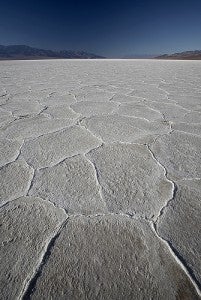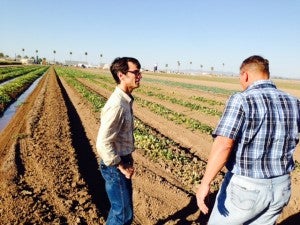In a recent op-ed for The Hill, Robert Henneke of the Texas Public Policy Foundation shared his opinion that “The Endangered Species Act is an ineffective regulatory burden.” I believe Mr. Henneke lacked a full perspective of the bedrock American environmental policy.
As a fellow Texan, I was surprised to see Mr. Henneke forget about the great wildlife success stories in our home state. The whooping crane, the Kemp’s Ridley sea turtle and the Northern Aplomado Falcon have all experienced growing populations in Texas, thanks to conservation efforts made possible by the Endangered Species Act (ESA). Though they are still classified as “endangered,” these species have turned the trajectory from extinction to recovery, so I wouldn’t say the Act is ineffective, and I certainly wouldn’t go so far as Mr. Henneke does to call it “a terrible approach” to saving species with “an abysmal track record.”
I’m a sixth generation rancher in Brady, Texas. My husband George and I love and care for the land, the livestock, and the wide variety of Texas wildlife that call our ranch home. Read More














